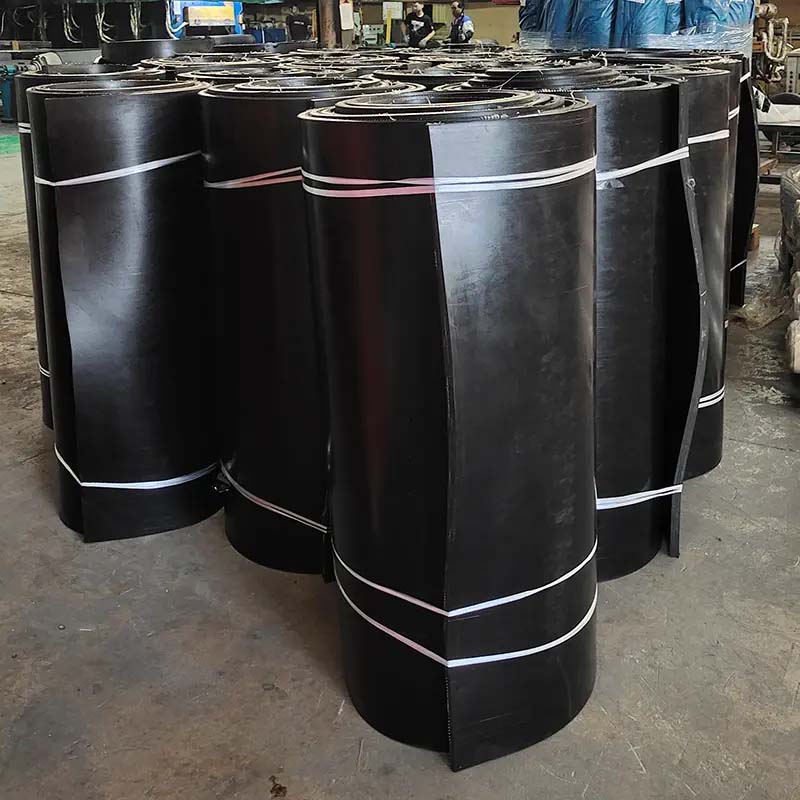When it comes to versatile and durable materials, neoprene is the top choice for a variety of applications. From insulation to gaskets and liners, neoprene insulation sheets offer excellent resistance to aging, ozone and weathering, making them ideal for exterior use. In this blog, we will explore the many benefits and uses of neoprene, as well as its limitations, to help you understand why it is an essential material in various industries.
Neoprene, also known as CR (chloroprene), is a synthetic material prized for its elasticity and flexibility. It has moderate resistance to animal and vegetable oils and inorganic salts, making it a popular choice for applications where exposure to these substances is expected. However, it is important to note that neoprene is not suitable for use with aromatic hydrocarbons and ketones as it may not provide the same level of resistance.
One of the main advantages of neoprene insulation sheet is its excellent insulating properties. neoprene insulation sheet insulation panels are widely used in HVAC systems, refrigeration units and other industrial applications where insulation is critical. The material’s ability to maintain its flexibility and strength over a wide temperature range makes it ideal for insulating pipes, pipes and equipment, helping to increase energy efficiency and reduce heat loss.
In addition to its insulating properties, neoprene insulation sheet is valued for its sealing and cushioning capabilities. Neoprene insulation sheet blocks are commonly used to make gaskets and seals for machinery, vehicles and appliances, providing a reliable barrier against moisture, dust and other environmental factors. The material’s weather and aging resistance ensures these seals remain effective over time, helping to extend the life and performance of the equipment they protect.
Additionally, neoprene rubber block’s versatility extends to its use in sports and recreational equipment. From wetsuits and diving gear to protective pads and sneakers, neoprene rubber block combines flexibility, durability and water resistance, making it an ideal material for a variety of sports applications. Its ability to provide a comfortable, secure fit while also providing protection against impact and abrasion has made it a staple in sports gear design.
In summary, neoprene rubber block is a valuable material that provides multiple benefits to various industries. Its resistance to aging, ozone and weathering, coupled with its insulating, sealing and cushioning properties, makes it a versatile and reliable choice for a variety of applications. Whether you need neoprene rubber block insulation panels for thermal protection or neoprene rubber blocks for sealing and cushioning, this synthetic material is a must-have for any industry that values durability, flexibility and performance.
Post time: Jun-03-2024



